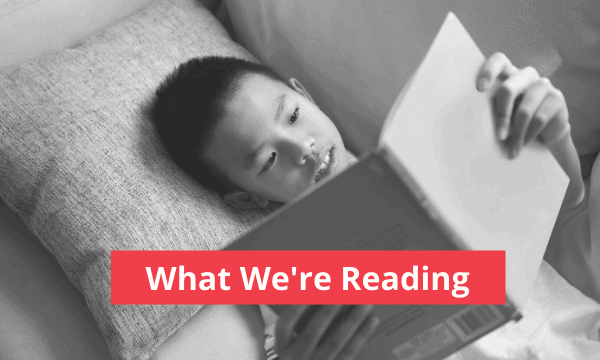New data from the RAPID-EC Project (Rapid Assessment of Pandemic Impact on Development-Early Childhood) highlights the challenges families with young children face during the COVID-19 pandemic. “How Are Our Children? Updates and Policy Implications from the RAPID-EC Surveys,” explores how financial hardships as a result of the pandemic impact the well-being of caregivers and the emotional health of young children.
 RAPID-EC Survey
RAPID-EC Survey
Launched in April 2020, RAPID-EC is an ongoing, nationally representative survey of households with children ages 0-5. The survey focuses on five key topics including parent emotional well-being, child emotional well-being, material hardship, child care, and issues related to pediatric health care.
Led by Dr. Philip Fisher from the University of Oregon, the survey aims to collect essential information on the needs and well-being of children and their families impacted by the pandemic; and provide ideas about how policymakers and advocates should respond to these issues.
To date, more than 9,000 parents and caregivers have participated in the survey from all 50 states and their responses tell a clear story: families with young children are struggling to meet their most basic needs like housing, food, and utilities.
This is especially true for low-income households and families of color. Disparities based on income, race and ethnicity, and family structure have widened considerably during the pandemic. There are higher levels of hardship and stress in Black, Latinx, and single-parent households and in households where a child has a disability.
A Chain Reaction of Hardship
RAPID-EC reveals compelling data about the experiences of families impacted by the COVID-19 pandemic:
- 42% of households are worried about paying for at least one basic need like food, rent or utilities
- 52% of children within families with financial hardship are facing emotional distress
- 47% of parents may not be able to return to work due to lack of child care
- 60% of Black, Latinx, and single-parent households report difficulty paying for rent, utilities and/or food
Researchers also found that parents who report that they are having difficulties paying for basic needs in a given week also report higher levels of distress in follow-up surveys. This pervasive struggle to meet material needs leads to a sequence of events that the RAPID-EC team describes as a “chain reaction of hardship,” which filters down from caregivers and causes emotional distress among children.
Policy Responses to Support Children and Families
The RAPID-EC team’s overall policy recommendations focus on continued financial support to families, addressing racial inequalities, and supporting a range of child care options for parents and caregivers. These are issues that Oregon’s Early Childhood Coalition (ECC) addresses in its 2021 legislative agenda. Specifically, the coalition advocates for programs that support families and communities, such as investing in strong Early Learning Hubs and affordable housing, and strengthening support networks for families of children with disabilities.
Researchers from the RAPID-EC Project also suggest using data to support equitable policies that target families and communities most impacted by the pandemic, as well as gathering new data to create sustainable resources in the future.

